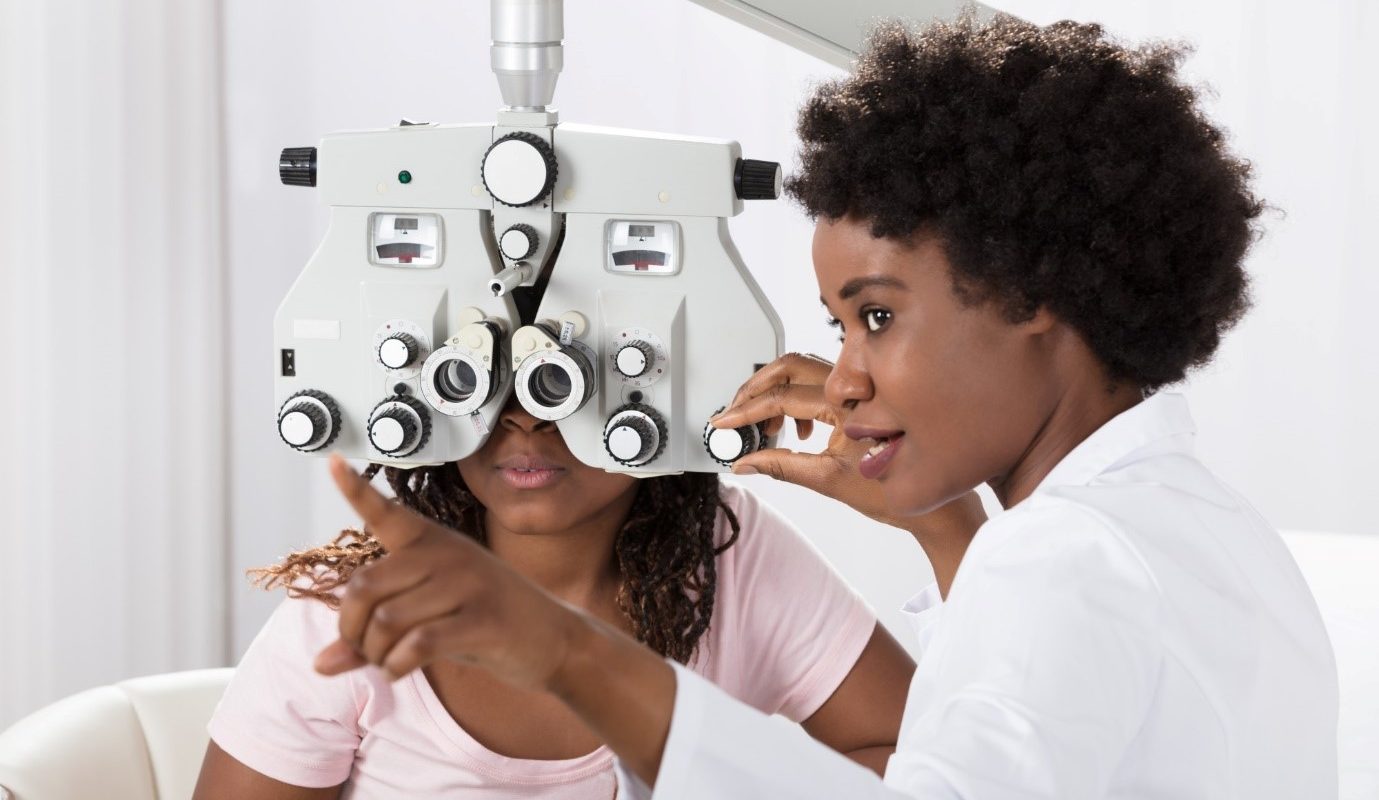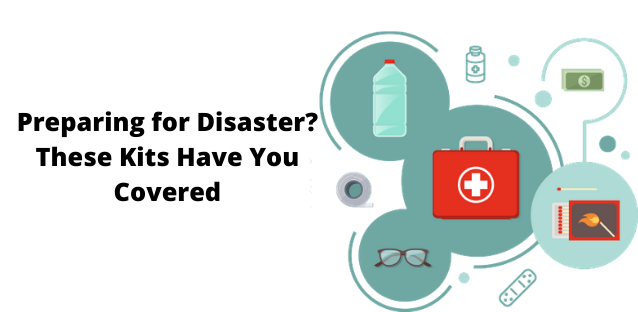There are currently more than 19,000 ophthalmologists in the United States. That can make it hard to ensure you’re finding the right doctor for your needs.
So, how do you know what you should be searching for?
Let’s go through what you need to know to begin choosing an ophthalmologist.
Credentials and Experience
Check the ophthalmologist’s credentials, education, and training. Find out where they attended medical school and where they completed their residency. See what kind of specialized training they have received.
Look for an ophthalmologist who is board-certified. Some ophthalmologists specialize in certain areas. For example, they might specialize in cataract surgery or cornea disorders. Depending on your specific eye condition, you may want to seek out an ophthalmologist who has expertise in that area.
Reputation
Research the ophthalmologist’s reputation before you book. Ask your primary care physician, family, friends, or colleagues if they can recommend an ophthalmologist. Referrals from trustworthy people can be a good indicator of a doctor’s reputation.
It’s always a good idea to start reading online reviews and see what other people’s ophthalmic care experience has been.
Look into whether the ophthalmologist has any malpractice claims or disciplinary actions against them. You can usually find this information on state medical board websites.
Check if the ophthalmologist is affiliated with reputable hospitals or medical centers. This can show that they have been vetted by the hospital’s credentialing process. So, they’ll have met certain standards.
Accessibility
Consider the location of the ophthalmologist’s office and their availability. Look for an ophthalmologist who is located close to your home or workplace.
Make sure their hours suit your schedule. Check if they accept your insurance and what their payment policies are.
Technology and Equipment
Look for an ophthalmologist who uses the latest technology and equipment. This can include tools such as digital retinal imaging, optical coherence tomography, and visual field testing equipment.
This can improve the accuracy of your diagnosis and the effectiveness of your treatment. If you have a disability or sensory impairment, look for an ophthalmologist who has accessible equipment. That way, they’ll be able to accommodate your eyecare needs.
If you think you might need surgery, it’s important to look for an ophthalmologist who has access to a surgical center. You should also look at the reviews for that surgical center.
Communication
Choose an ophthalmologist who is easy to talk to and listens to your concerns. They’ll take the time to explain your diagnosis and treatment options in terms you can understand. Communicating with your doctor ensures that you receive the best possible care.
Consider if you feel comfortable communicating with the ophthalmologist. Building rapport with your healthcare provider can make it easier to communicate and receive care.
If you’re ready to get started, visit medicalartseye.com.
Choosing an Ophthalmologist: Start Today
By considering these factors, you can work towards choosing an ophthalmologist who suits your healthcare needs.
Do you need more health advice? Take a look at some of our health and wellness posts.




